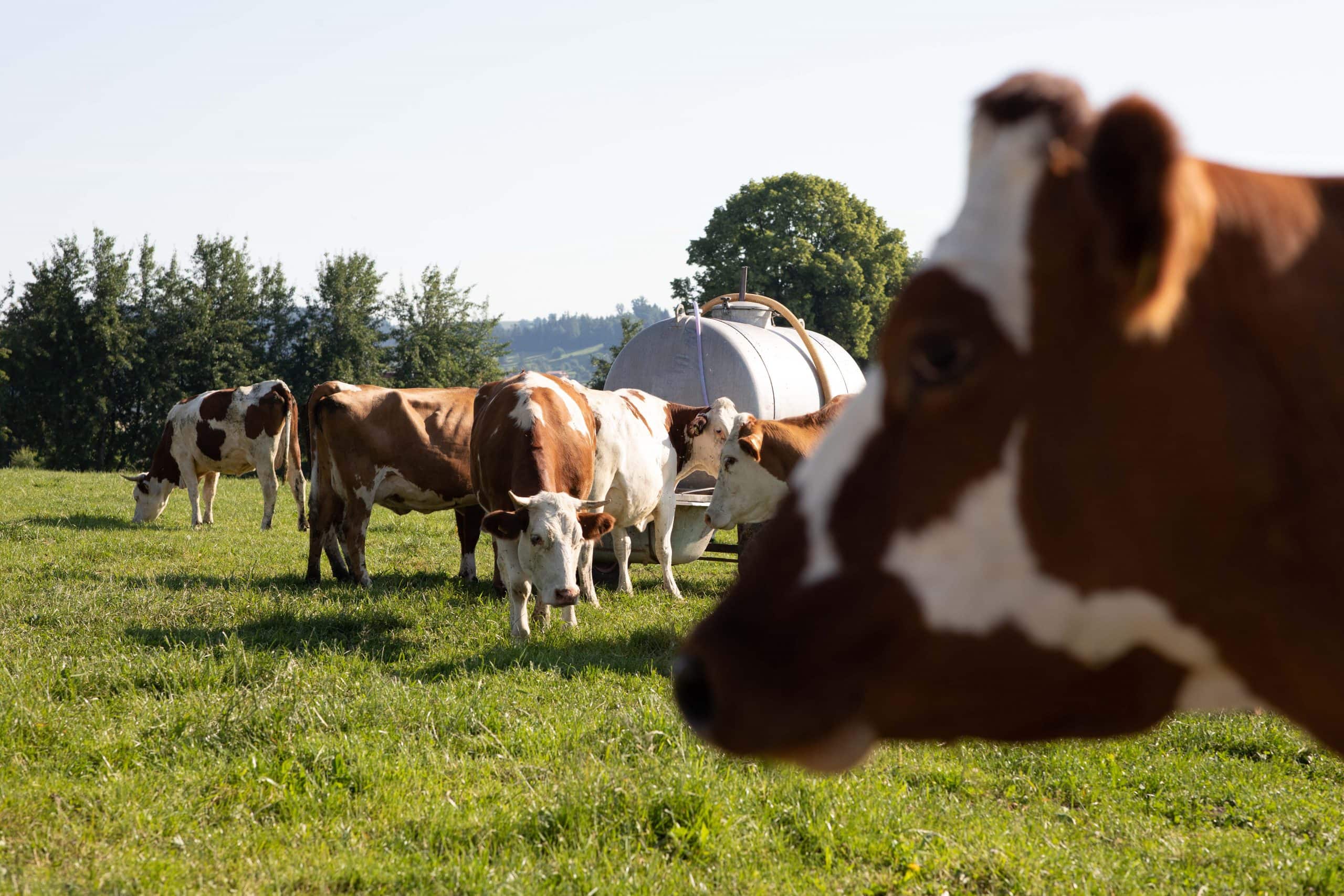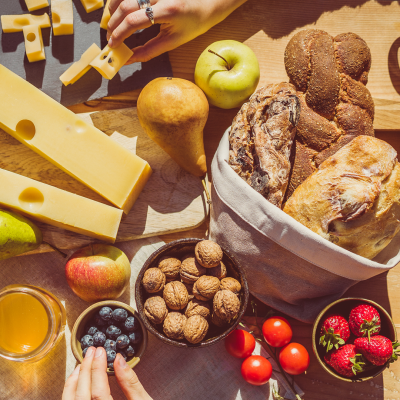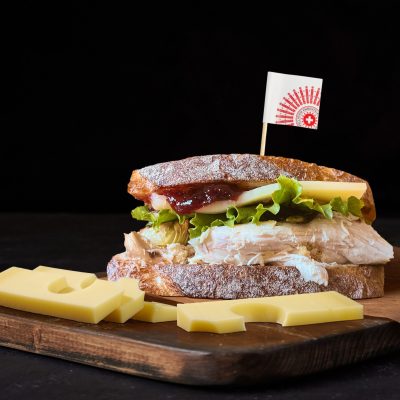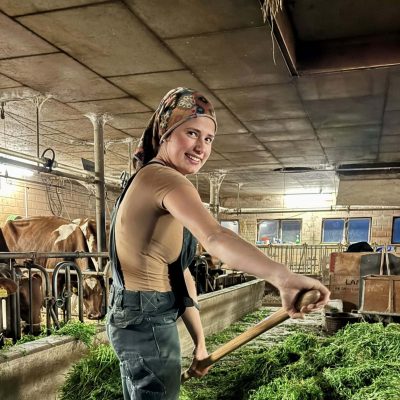What makes a cow a happy cow? A cow is happy when it is kept in a species-appropriate way. But what is the definition of “species-appropriate”? And why is Emmentaler Switzerland making a point of championing it?
Each of the Swiss dairy farms that produce the milk that goes into Emmentaler AOP has just 26 cows on average. The animals have plenty of space and receive lots of care and attention from the dairy farmers. The cows live on farms run by families that have been in the dairy business for generations and whose many years of experience guarantees that cows are kept according to the highest animal welfare standards and produce the best quality milk. Working according to traditional methods, the dairy farmers that produce the milk for Emmentaler AOP care for the environment and adhere to stringent ecological regulations.
More about animal welfare

First off, some news you will be glad to hear: all Swiss dairy farmers have to adhere to a very stringent and comprehensive law that sets the bar for animal welfare (the Swiss Animal Welfare Act). This law is the legal foundation that ensures cows in Switzerland live happily. But just how many cows are we talking about here?
How many cows are there in Switzerland?
The number of dairy cows in Switzerland is recorded and updated continuously. The current numbers show a surprising trend: the number of cows in Switzerland is currently at a historical low. In September 2020, the number of dairy cows in Switzerland was about 534,000 cows. As a comparison: in 2012, there were around 589,000 dairy cows.
(Source: Statista)
Why are cow numbers in Switzerland going down?
One reason is that fewer farmers are choosing dairy farming each year.
Another reason is that the milk yield of the typical dairy breeds has increased. This is down to factors such as improved breeding techniques and improved feed. In short, the same amount of milk is being produced by fewer and fewer cows. Twenty years ago, the average Swiss dairy cow produced around 5,500 l of milk, but today it produces almost 7,000 l.
(Source: Statista)
We at Emmentaler Switzerland are particularly proud of the fact that today, the well-being and health of the cow is even more of a priority than before. Fresh air, the use of green meadow forage as feed instead of concentrated feed pellets, and less stress for the animals also all have a positive effect on the quality and quantity of milk produced.
Keeping cattle: the Swiss Animal Welfare Act
Anyone who keeps cows is responsible for the health of these animals and must be familiar with their needs and natural behaviours. This is why the topic of species-appropriate animal husbandry is one of the key areas that training and continuing professional development for farmers focuses on.
The details of the applicable animal welfare regulations are publicly available on the website of the Swiss Federal Food Safety and Veterinary Office.
What does species-appropriate animal husbandry of cows look like at Emmentaler Switzerland?
Emmentaler Switzerland is a champion of species-appropriate animal husbandry for cows and is firmly against factory farming. We care about:
- Lots of space for cows
- Natural feed in the form of fresh grass and hay
- No use of artificial additives, GMO feed or silage
Our around 2,200 family-run farms – which have been in operation for generations – have just 26 cows each on average. The fact that the farms have such a wealth of experience behind them helps ensure the welfare of the cows and the quality of the milk. The dairy farmers care for their cows with both passion and dedication, all in accordance with the Swiss Animal Welfare Act. They produce milk sustainably, working with the future in mind to ensure that the earth’s precious natural resources will remain available to future generations.




